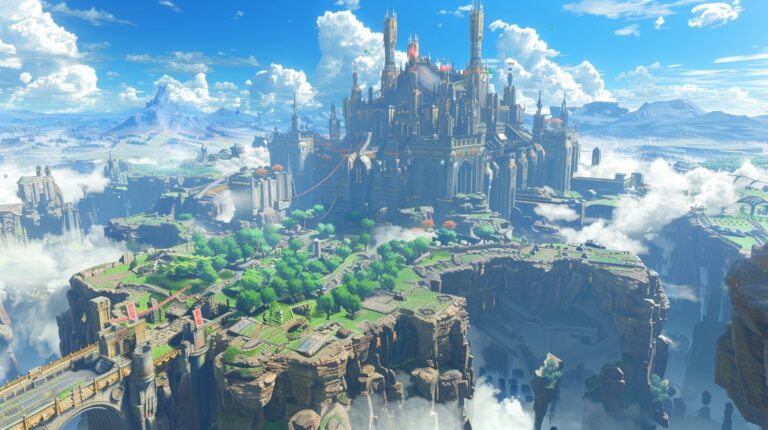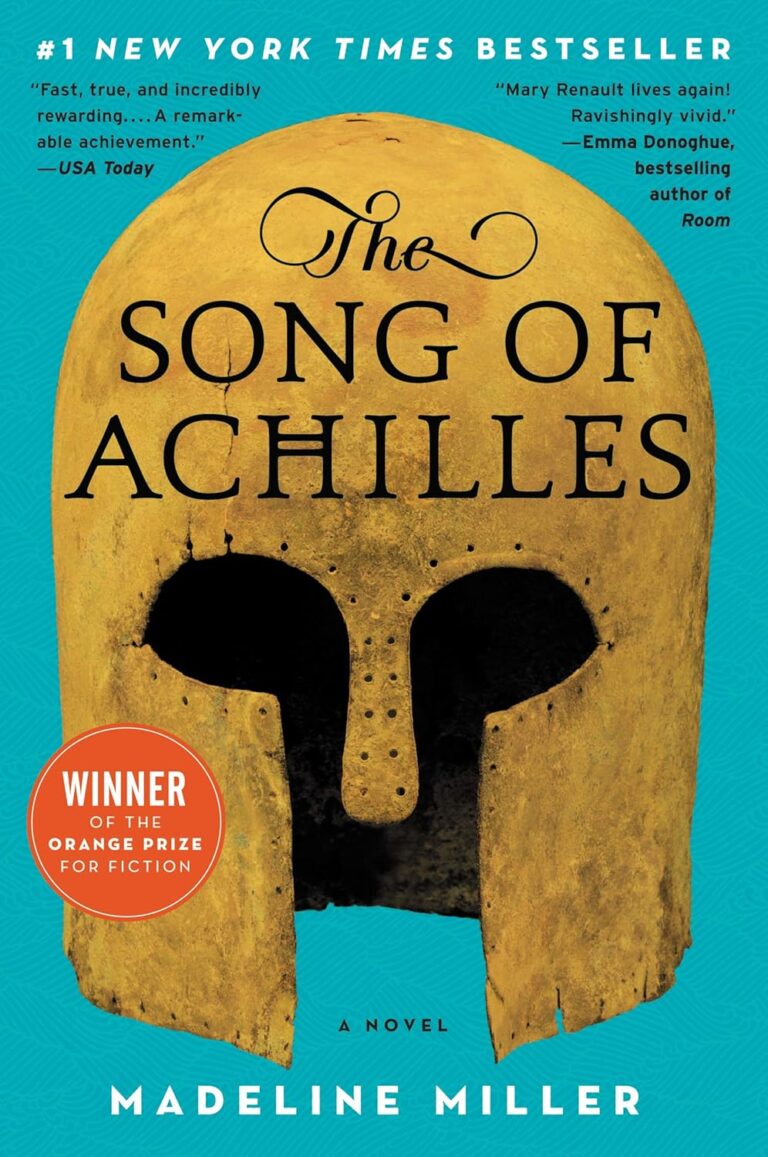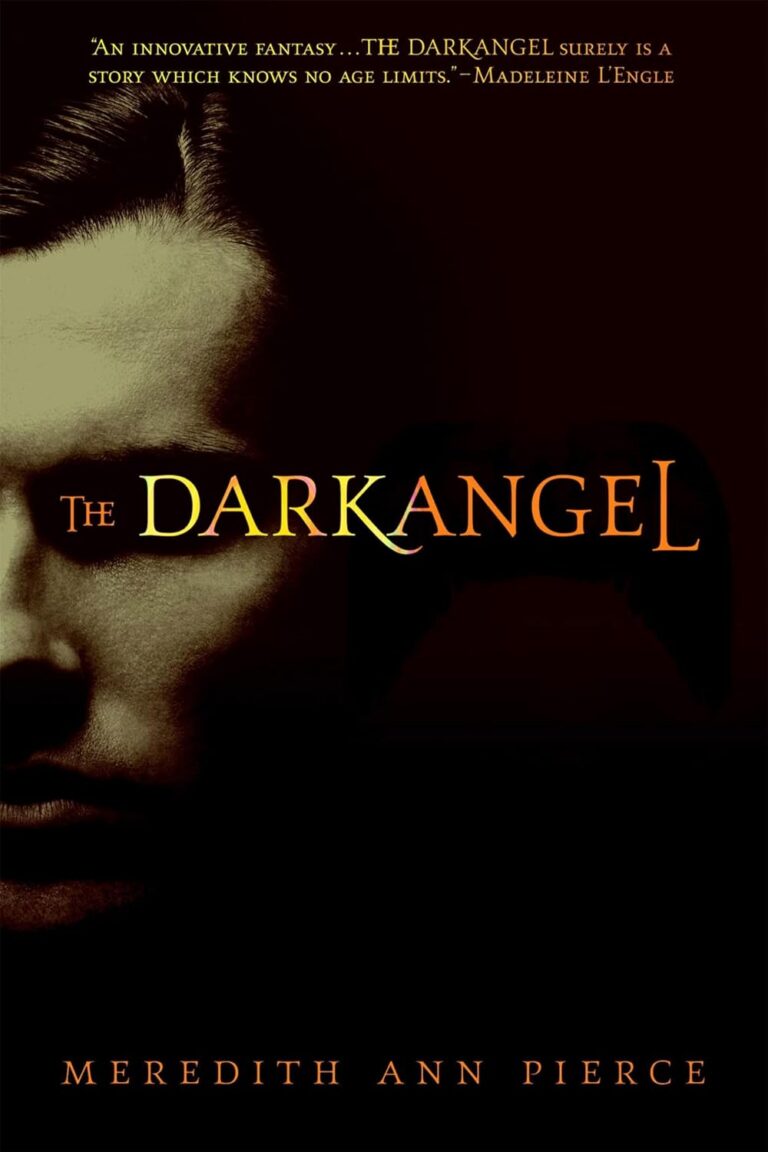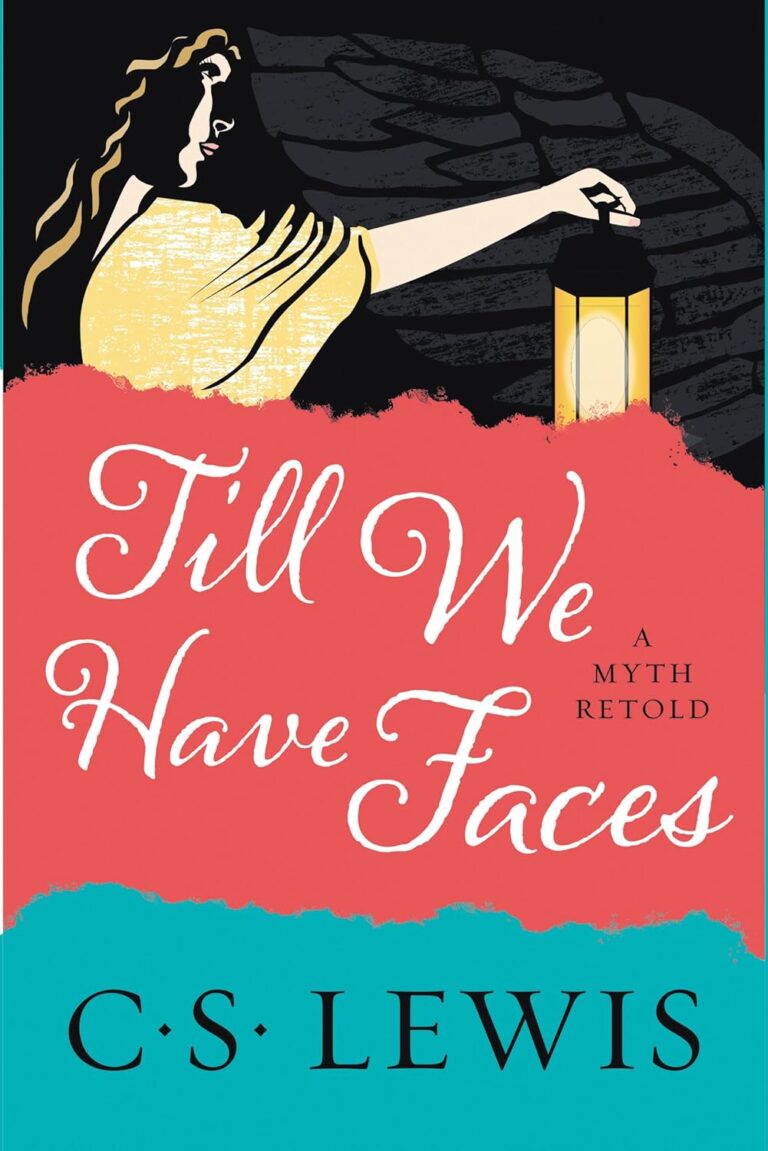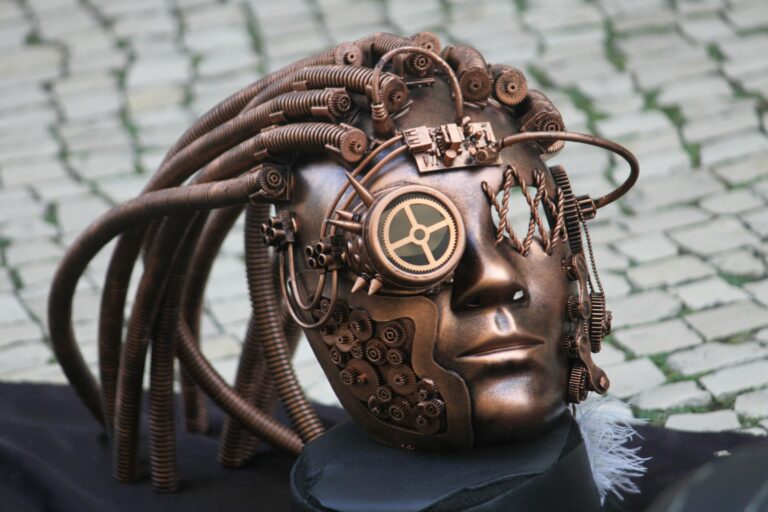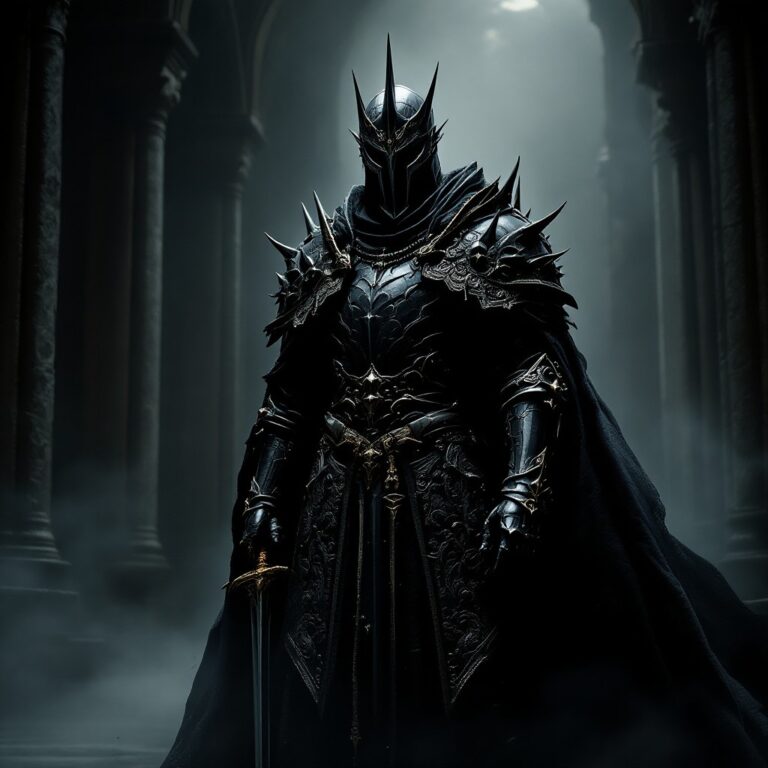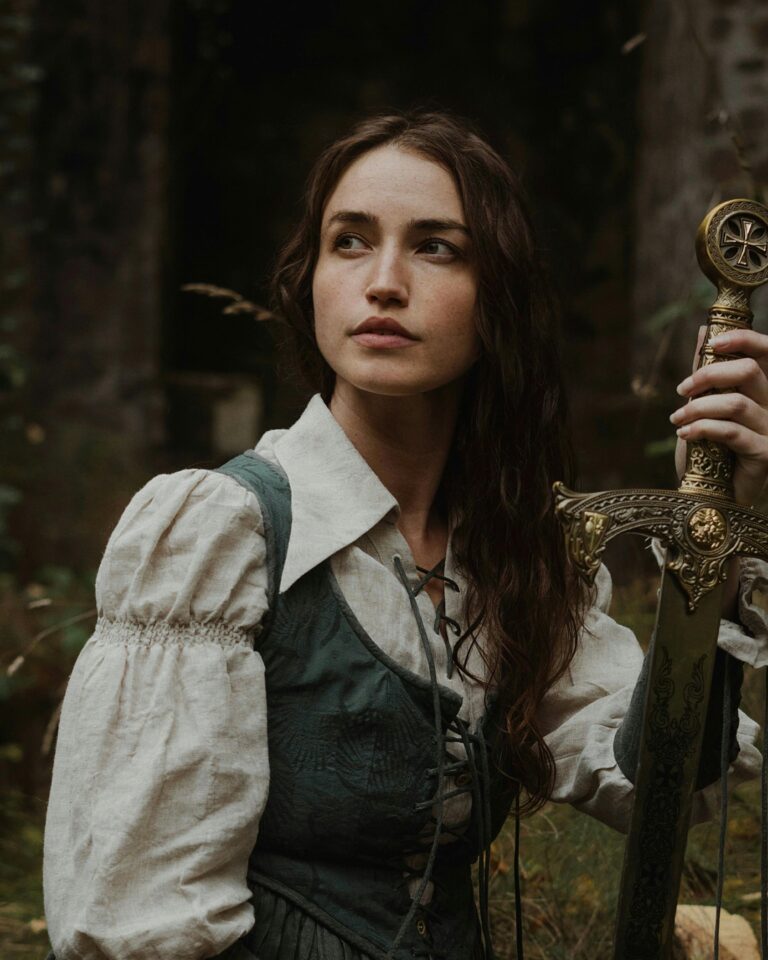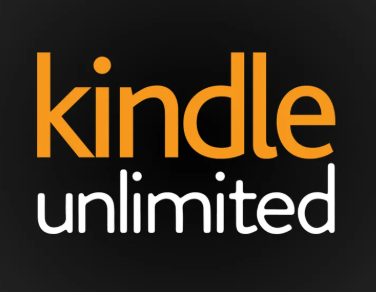Stories Woven from the Threads of Legend
Mythic Fantasy is a subgenre of fantasy that draws heavily from mythology, folklore, and ancient legends. These stories transport readers to worlds shaped by the primal forces of gods, heroes, and mythical creatures. Mythic Fantasy stands apart for its timeless quality, blending the grandeur of myths with the imaginative storytelling of modern fantasy to create tales that resonate deeply with human experience.
What is Mythic Fantasy?
At its heart, Mythic Fantasy intertwines the magical and the mythical. It reimagines, expands, or draws inspiration from the myths and folklore of various cultures, often set in worlds that feel ancient, mysterious, and sacred. Whether it’s the epic battles of gods, the moral dilemmas of heroes, or the whispers of divine prophecy, Mythic Fantasy captures the universal themes of myth and breathes new life into them.
Key Elements of Mythic Fantasy
Rooted in Mythology and Folklore
Mythic Fantasy often incorporates characters, themes, and settings directly from myths or creates original stories inspired by them. These myths might come from any culture—Greek, Norse, Celtic, African, Indian, or others.Epic Scope and Timeless Themes
The stories tend to be grand in scale, addressing universal themes like love, betrayal, destiny, mortality, and the struggle between good and evil.Immersive and Lyrical Worldbuilding
The settings in Mythic Fantasy often feel otherworldly yet familiar, blending elements of the natural world with the supernatural, like enchanted forests, celestial realms, or ancient cities filled with divine magic.Archetypal Characters
The genre often features archetypes: the reluctant hero, the wise mentor, the trickster, or the vengeful god. These characters resonate because they reflect deep-rooted aspects of human nature.Conflict Between the Mundane and the Divine
Mythic Fantasy often explores the interplay between mortal lives and divine powers, with characters navigating their fates in a world influenced by gods and supernatural forces.
Why Mythic Fantasy Captures Our Imagination
Myths are the stories that cultures have told for generations to explain the unexplainable, make sense of the world, and preserve collective wisdom. Mythic Fantasy taps into this shared heritage, offering readers a chance to connect with something timeless while exploring new interpretations of ancient tales.
Notable Mythic Fantasy Books
1. The Song of Achilles by Madeline Miller
A modern retelling of the Iliad, this novel focuses on the love story between Achilles and Patroclus. Miller brings a deeply human perspective to these legendary figures while staying true to the epic scope of Greek mythology.
2. American Gods by Neil Gaiman
This contemporary tale weaves together the mythologies of old gods brought to America by immigrants and the rise of new gods representing modern obsessions like media and technology. Gaiman’s storytelling is rich with mythic symbolism and explores the clash between tradition and progress.
3. The Darkangel Trilogy by Meredith Ann Pierce
Set in a world inspired by myth and ancient storytelling, this series follows Aeriel, a young girl who must confront an immortal vampiric creature. The story’s tone, themes, and worldbuilding draw heavily on the aesthetics of myth and legend.
4. Till We Have Faces by C.S. Lewis
Lewis reimagines the myth of Cupid and Psyche, exploring themes of love, faith, and human imperfection. This novel combines the spiritual depth of myth with the introspection of modern literature.
5. The Bear and the Nightingale by Katherine Arden
Drawing from Russian folklore, this novel tells the story of Vasya, a young girl who can see the spirits of her village. Arden weaves elements of Russian fairy tales and Slavic mythology into a tale of faith, magic, and defiance.
6. Circe by Madeline Miller
Miller’s retelling of the myth of Circe, the witch from Homer’s Odyssey, gives voice to a character often sidelined in mythology. The novel explores themes of power, isolation, and transformation.
To get you started.. other formats may be available
Themes in Mythic Fantasy
1. The Nature of Heroism
Many Mythic Fantasy stories question what it means to be a hero, often exploring the sacrifices, moral ambiguities, and burdens that come with heroism.
2. Destiny vs. Free Will
Characters in Mythic Fantasy frequently grapple with their fates, challenging or accepting the paths laid out for them by gods or prophecy.
3. The Cycle of Life, Death, and Rebirth
Inspired by myths that reflect natural cycles, Mythic Fantasy often explores themes of renewal and transformation, both literal and metaphorical.
4. The Human-Divine Relationship
The tension between mortal agency and divine intervention is a central theme, as characters navigate the influence of gods or supernatural forces.
Cultural Diversity in Mythic Fantasy
While much of Mythic Fantasy has been inspired by Western myths, authors from diverse backgrounds are increasingly exploring the myths of their own cultures:
- African Mythic Fantasy: Nnedi Okorafor’s Who Fears Death incorporates African spiritual traditions and folklore into a futuristic yet mythic narrative.
- Asian Mythic Fantasy: R.F. Kuang’s The Poppy War trilogy draws on Chinese history and mythology to tell a story of gods and human conflict.
- Indigenous Mythic Fantasy: Rebecca Roanhorse’s Trail of Lightning blends Navajo mythology with post-apocalyptic storytelling.
Modern Trends in Mythic Fantasy
Retelling Myths with Fresh Perspectives
Authors are reinterpreting traditional myths to focus on underrepresented voices, such as Madeline Miller’s focus on female characters like Circe.Mythology Meets Modernity
Stories like American Gods juxtapose ancient myths with contemporary settings, exploring how myths evolve in modern contexts.Blending Cultural Myths
Some authors are creating entirely new mythic worlds by combining elements from different cultures’ traditions, creating stories that feel universal yet unique.
Why Read Mythic Fantasy?
Timeless Themes
Mythic Fantasy delves into universal truths about humanity, making its themes resonate across cultures and time periods.
Rich Worldbuilding
Inspired by myths, these stories offer vividly imagined worlds filled with gods, monsters, and epic landscapes.
Emotional and Spiritual Depth
The genre often explores profound questions about existence, faith, and the human condition.
How to Start Reading Mythic Fantasy
Start with a Familiar Myth
Books like The Song of Achilles or Circe are great starting points if you’re already familiar with Greek mythology.Explore Different Cultures
Look for books inspired by mythologies you may not know well, such as The Poppy War or Trail of Lightning.Embrace the Epic
Dive into stories with grand, sweeping narratives and larger-than-life characters, as they embody the spirit of Mythic Fantasy.
Conclusion
Mythic Fantasy is more than just a genre; it’s a celebration of the stories that define humanity. By blending the eternal truths of myth with the boundless creativity of fantasy, it offers readers a profound and immersive experience. Whether you’re stepping into the world of ancient Greece, exploring Russian fairy tales, or discovering the gods of a distant land, Mythic Fantasy invites you to reconnect with the magic of storytelling itself.
Let the myths come alive—dive into Mythic Fantasy and discover the extraordinary in the ancient and the timeless.

